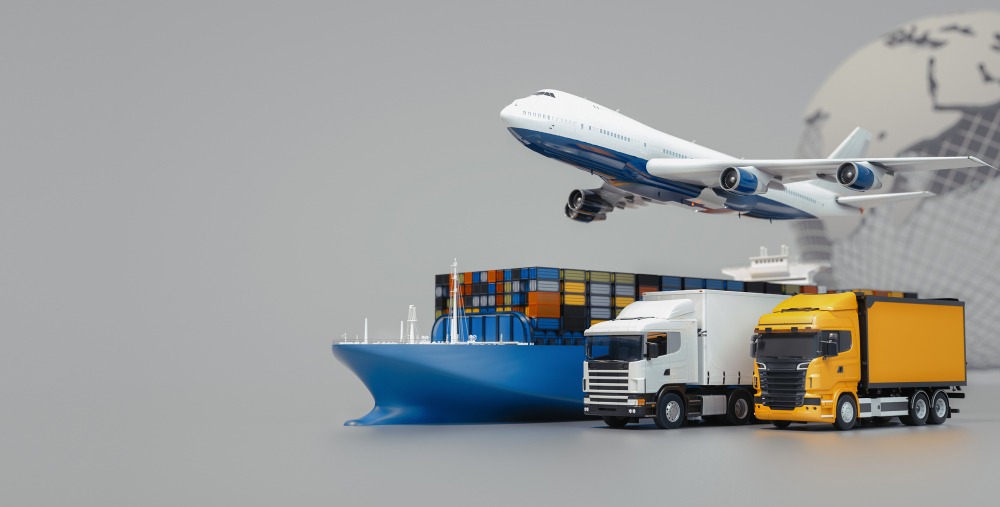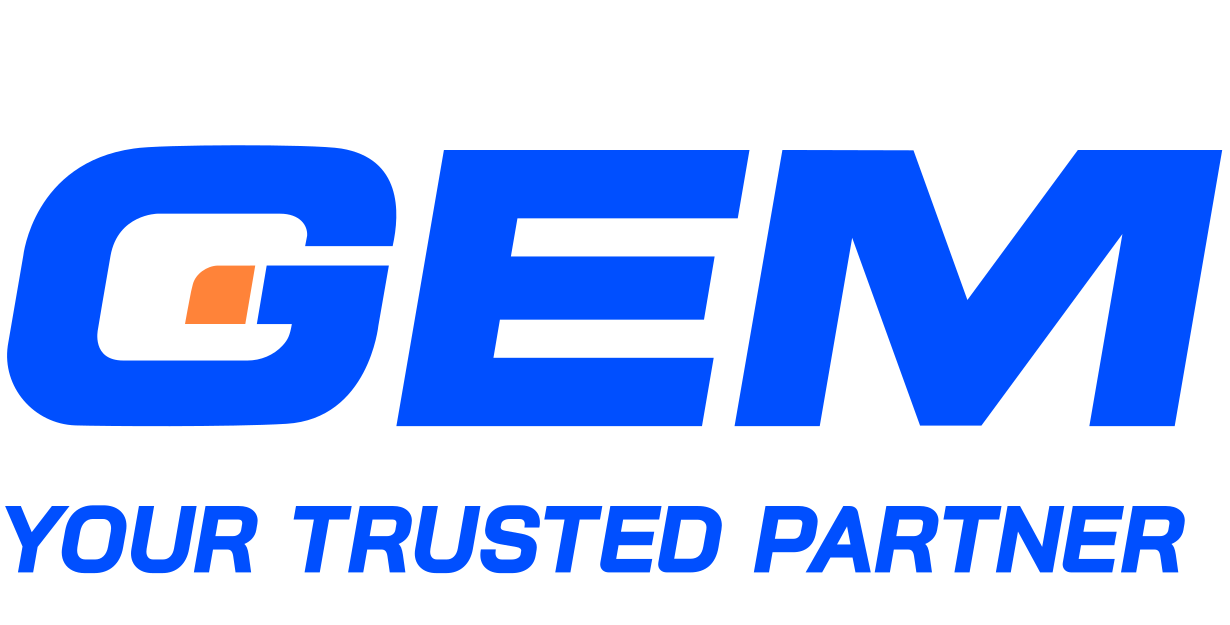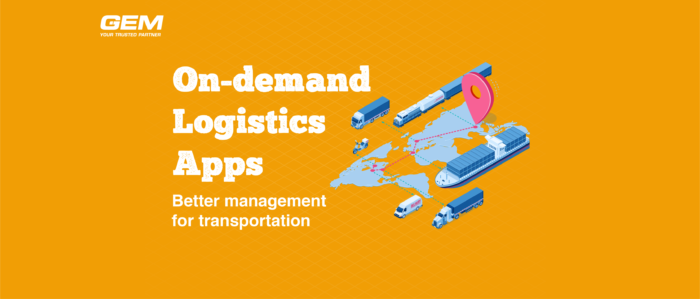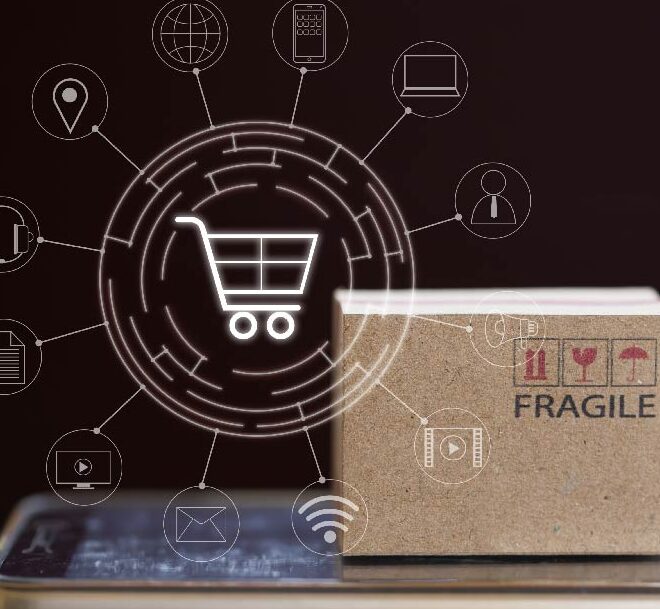Contents
With the facilitating technology becoming cheaper and more accessible, the Internet of Things is increasingly abundant and helpful in several applications.
Asset-heavy and operational complexes are two of the key characteristics when talking about Logistics and Supply Chain. These two features cause significantly high expenses, and the companies have always been finding new solutions to streamline the system. The Internet of Things (IoT) is offering new tools to reduce the cost of shipping.
According to Oracle, IoT is the network of physical entities (i.e., “Things” in “the Internet of Things”). It connects and exchanges information with other systems or devices through the Internet, combining with sensors, software, and technologies.
Three main factors that made IoT accessible are:
- Global and user-friendly communication networks
- Strong yet handy sensors and actuators
- Scalable cloud services.
These three supportive technologies are increasingly cheaper and available, which enable IoT to be widespread all over the world.
The global economy relies heavily on international trade, and the shipping process requires much communication and cooperation among stakeholders. Hence, the high-speed and real-time connectivity of IoT play a crucial part in the effectiveness and efficiency of Supply Chains.

Beyond connecting, IoT integrates with other cutting-edge technologies such as Artificial Intelligence (AI), Augmented Reality (AR), and Virtual Reality (VR). It facilitates advanced cost-saving applications in several aspects, which are:
Planning accuracy
IoT enables systems that detect and analyze events using information from the global positioning system (GPS) in the delivery network. Hence, it allows for more accurate delivery dates.
For instance, data of delivery commodities from warehouses and traffic news from the Internet can be input to programs that access any clashes between paths that the trucks are heading to with accidents or road repairs. Additionally, it can avoid delays at the ports, which then reduces the transportation fee in general.
Route optimization
Tools that can map the shortest and most fuel-efficient route for vehicles are becoming more and more popular. In research from 2019, 59.8% of operation cost per mile in many industries belongs to driver wages and fuel costs. Route optimization is a complex matter that uses GPS and Big Data to calculate the most effective way for the journey.
Energy management
Nowadays, IoT supports tools that monitor and enable decision-making about fuel, lighting, and temperature management within the vehicle’s fleets and facilities. Connected sensors can bring data to one source. Then the data is analyzed to inform the vehicles’ status and suggestions of any necessary changes.
Fault detection & Resolution
Systems can monitor fleets of vehicles, aircraft, or vessels for faults and maintenance needs. This progress can improve uptime for the fleet, but to do that, it requires data from each member of the flotilla. Via the same communication process as Energy Management, the program uses sensors to gather needed information and compare them with the acceptable range of conditions to access the vehicles, plane, or ship.
Automated status update
On a smaller scale, such as e-commerce shipping, automated ordering, and in-time status updating allows the system to run with fewer human shippers, which leads to a reduction in operating costs, indicated by Digiteum.
We hope this guide gives you an overview of how IoT can improve your shipment performance. As this is only a short sum up, further research for appropriate implications for your business should be taken.
Read more: IoT Solutions for Smart Building Automation System
ABOUT GEM
GEM Corporation is a leading IT service provider who empowers its business clients in their digital transformation journey. Based in Hanoi, Vietnam, GEM is characterized by competent human resources, extensive and highly adaptive techstack, and excellent ISO-certified and CMMi-based delivery process. GEM, therefore, has been trusted by both start-ups and large corporations from many global markets across different domains.
Don’t miss our latest updates and events – Follow us on Facebook and LinkedIn!






